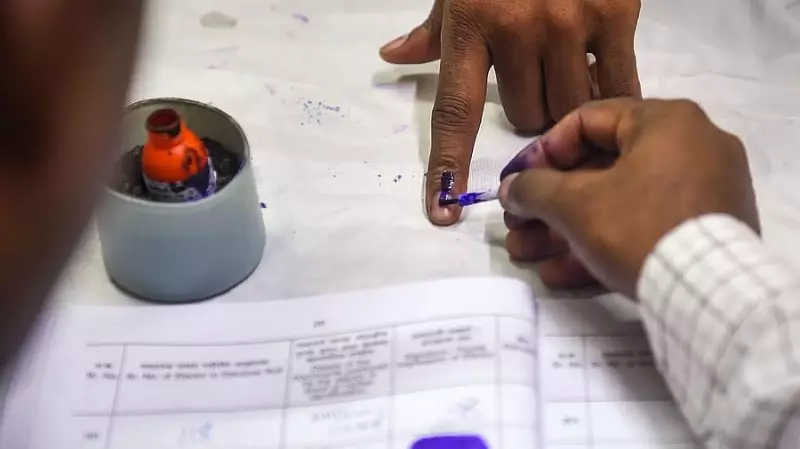
The Election Commission of India finds itself at a critical crossroads, with the controversial Aland assembly by-election serving as the ultimate litmus test for the institution's credibility and independence. This high-stakes political battle has transformed from a routine electoral exercise into a watershed moment that could define the future of Indian democracy.
The Controversy That Shook Karnataka Politics
At the heart of the matter lies the EC's contentious decision-making process that has raised eyebrows across the political spectrum. The commission's handling of nomination papers, polling schedules, and overall conduct has come under intense scrutiny, with critics questioning whether institutional independence has been compromised.
A Test of Institutional Mettle
The Aland case represents more than just another by-election—it symbolizes the growing tension between constitutional bodies and political pressures. As allegations of procedural irregularities mount, the Election Commission's response will either reinforce public trust or deal a devastating blow to its hard-earned reputation.
Why This Election Matters Beyond Karnataka
What makes the Aland by-election particularly significant is its timing and context. Coming amid heightened political polarization, the EC's actions are being watched not just by political parties but by every citizen concerned about the health of Indian democracy. The commission's ability to conduct free and fair elections—without fear or favor—hangs in the balance.
The stakes couldn't be higher. A perceived misstep in Aland could undermine public confidence in future elections, including the crucial state assembly polls and even general elections. The Election Commission must navigate this minefield with wisdom, transparency, and unwavering commitment to constitutional principles.
As the drama unfolds in Karnataka's political arena, one thing remains clear: the Aland by-election is no longer about just one constituency. It has become a referendum on the Election Commission itself—an institution that must rise above political pressures to protect the sanctity of India's democratic process.






